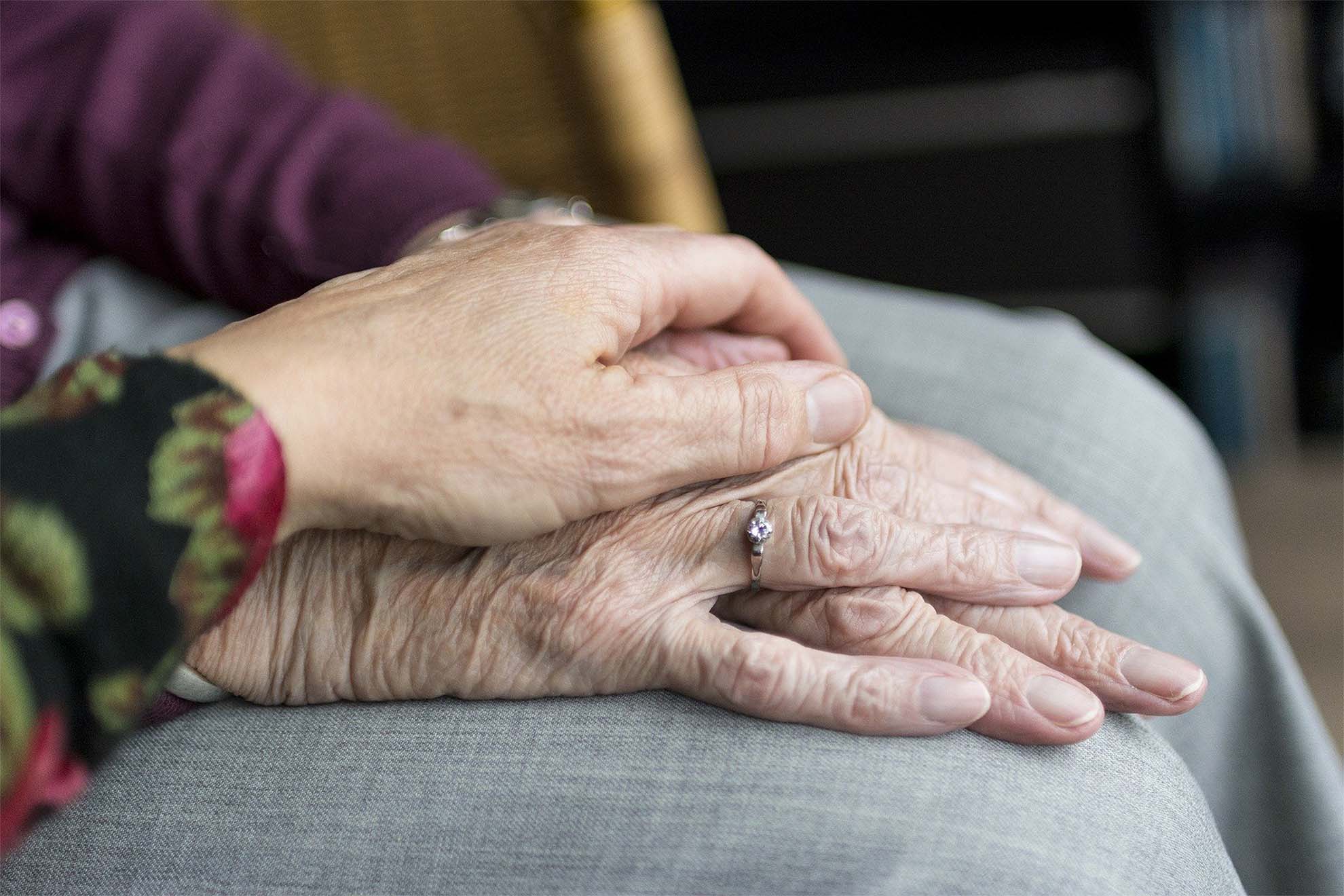Understanding the benefits of Residential Care vs Domiciliary care

Domiciliary care, sometimes called home care or care at home, comprises of visits by trained professionals to assist individuals in their own homes. People may receive help with washing, dressing, medication, meals, light cleaning and companionship tailored to their schedule and preferences. In contrast, residential care involves moving into a dedicated care home facility where accommodation, meals, personal care, social activities and continuous supervision are provided under one roof, day and night.



How does round‑the‑clock supervision in a care home benefit residents?
A primary strength of residential care is the peace of mind it brings through 24/7 access to trained care and support staff. Whether day or night, there is always someone available to support personal needs, administer medications accurately and respond swiftly in emergencies, a crucial element when care needs adjust. Unlike home care, where support exists in scheduled windows, residential care homes provide continual oversight leading to better safety outcomes.
Crucially, many facilities also incorporate clinical support, such as qualified nurses, structured medication management and prompt GP coordination, ensuring health needs are assessed and addressed rapidly.
Why is structure and social interaction more seamless in a residential setting?
Living in a care home offers the comfort of a predictable routine: set meal times, scheduled activities, communal dining and group events create a daily rhythm that many find reassuring. This routine supports wellbeing, reduced anxiety and maintains momentum in daily life, particularly important for older adults who may struggle to self-structure .
The built‑in community environment is a cornerstone of carehome living. It offers continual opportunities for friendship and shared experiences, such as quiz nights, crafts, gentle exercise and outings that combat loneliness far more effectively than periodic domiciliary visits can achieve.
How does the care home environment enhance safety and accessibility?
Care homes are designed with safety and comfort in mind. Wide corridors, step-free floors, handrails, emergency call systems and well-lit communal areas reduce the risk of falls and support mobility. These adaptations remove the burden and expense of renovating a private home for safety and provide a consistently accessible environment for all residents .
Residents also benefit from a clean, well-maintained setting without the need to manage household chores like cooking, cleaning, or laundry, relieving both residents and their families from routine domestic responsibilities.
Are meals and personal care managed better in a care home?
In a care home, meals are professionally prepared to meet dietary requirements and delivered with regularity and variety. Staff understand the importance of balanced nutrition in elderly care, reducing health risks related to poor eating habits, an advantage compared to home-based care where regular meal preparation may be overlooked.
Residents receive personalised care plans developed in consultation with them and their families. These care plans, reviewed regularly, cover everything from assistance with bathing or dressing to social preferences, ensuring that as needs evolve, so does the level and type of support.



How straightforward are costs and administration in a residential setting?
Care home fees are typically comprehensive, bundling accommodation, meals, care, utilities and housekeeping into a single, predictable payment. This simplifies financial planning, avoiding the fluctuating costs and extra logistical effort often associated with domiciliary arrangements involving multiple providers, home adaptations and additional services.
While residential care can appear more expensive initially, it removes hidden costs like in-home modifications, utility bills or travel expenses, often making it more transparent and easier for families to budget.
How does choosing residential care support families and carers?
Choosing a residential home can significantly lessen the emotional and logistical burden on family members. Rather than organising carers, medical appointments and daily support routines, families can focus on spending meaningful time with their loved one without feeling the pressure of constant caregiving.
By shifting the responsibility of everyday care and coordination to professional carers, families often feel more relaxed and able to maintain healthier relationships and personal wellbeing.
Is a care home a better choice than home care?
While domiciliary care offers independence and comfort, there are several indicators that a care home environment may better suit someone’s needs. If daily living tasks become too challenging, if ongoing supervision is needed to prevent falls, if medical oversight is essential or if a person is experiencing social isolation, residential care can provide a comprehensive solution.
A rounded assessment, considering physical health, cognitive ability, social interaction levels and the support network at home helps in determining whether domiciliary care or residential living will best support safety, dignity and quality of life.
How do you balance independence with reliable support?
Ultimately, the choice between care at home and a care home hinges on finding the right balance. Domiciliary care can nurture autonomy and familiarity for those who can largely manage independently. However, when someone benefits from reliable daily supervision, a structured social environment, medical access and a safe living space, residential care often offers more supportive and sustainable outcomes.
For families exploring long-term care, involving healthcare professionals, scheduling care assessments, visiting local care homes and discussing financial options can illuminate a path forward tailored to individual needs.



Should you consider a residential care home for your loved one?
Residential care homes represent much more than just accommodation, they offer continuous professional oversight, purposeful community living, safety-focused environments, trustworthy nutrition management, financial simplicity and respite for families. For individuals needing consistent, reliable care and social enrichment in a dignified setting, residential care home living presents a compelling choice, providing peace of mind and a higher quality of life within a supportive community.
To find out more about Clarence Park Care Home, please get in touch and arrange your personal care home tour.
Click here to book a tour

